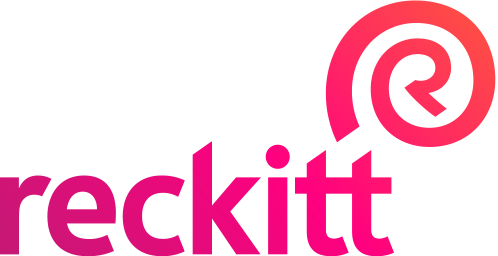Constructing a novel PMMA recycling value chain in Europe with MMAtwo: a multi-sectorial international consortium.

PMMA is a polymer that has an extensive range of applications in everyday life, including in cameras, smartphone screens and car windows. It is, however, notoriously difficult to recycle, unless the scrap material is of very high purity. The aim of the MMAtwo project is to address this issue by constructing a novel PMMA recycling value chain in Europe

Project Objectives
- Avoid the down-cycling of the MMA compound in the polymer and produce – through depolymerization – a recyclate identical to virgin material in both properties and quality
- Develop an innovative technology enabling lead-free recycling of lower quality PMMA waste
- Quantity the potential savings in energy use and CO2 emissions with respect to virgin MMA
- Ultimately, develop a new innovative value chain in Europe with the potential to widen the range of scrap PMMA waste fit for recycling
Quantis’ Solutions
- Perform an environmental Life Cycle Assessment and a Life Cycle Costing of the different value chain design options
- Compare the environmental performance of the production of the recycled and conventional virgin PMMAs
- Identify the most probable environmental hotspots along the life cycle of the recycled PMMA
- Guide the design and strategy development of the recycling value chain towards more sustainable solutions and provide best-practice recommendations
MMAtwo: A multi-sectorial international consortium

“By creating a novel PMMA recycling value chain and a new market for recycled plastic materials, the MMAtwo project addresses topics of high importance on the European sustainable development agenda, including plastic pollution and waste mismanagement, as well as the transition to a circular economy”
Simon Van Der Heijden, Project Coordinator & Director & Co-founder
Heathland
Latest case studies

Case Study
Societe Generale
Societe Generale partnered with Quantis to assess and manage nature impacts, enhance portfolio strategy, and drive sustainable client engagement.

Case Study
Reckitt
Reckitt, with Quantis and CO2 AI, used AI and data to pinpoint and reduce Scope 3 emissions, improving footprint accuracy.

Case Study
Coop Group
Coop Group, with Quantis, created science-based targets and roadmaps, aligning climate strategy across seven business units.
